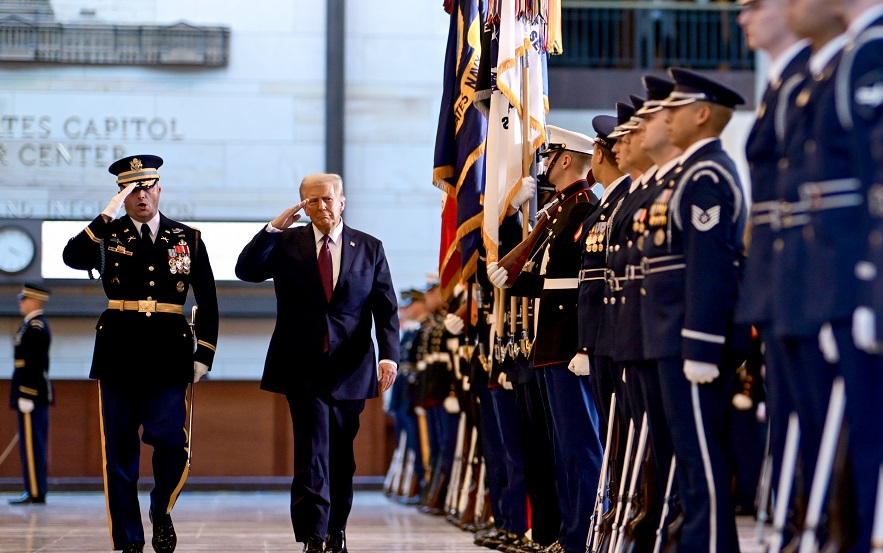
US Court Flags Possible Violation by Trump Administration Over South Sudan Deportations
A U.S. federal judge has expressed serious concerns that the Trump administration may have violated a court injunction by deporting migrants from multiple countries to war-torn South Sudan. The deportations occurred despite legal protections in place and have sparked renewed scrutiny over the administration’s handling of immigration enforcement and international removals.
Deportations Allegedly Breached Court Order
During an emergency hearing, U.S. District Judge Brian E. Murphy stated that the actions taken by the administration could amount to criminal contempt of court. The judge had earlier issued a clear injunction mandating that migrants must be given the opportunity to challenge their deportations—especially if removal would send them to countries facing severe instability or violence.
Contrary to the court’s directive, reports from immigration attorneys and rights groups allege that migrants were deported without proper legal notice or understanding of their rights. One Burmese national reportedly received a deportation notice in English—a language he did not comprehend—before being sent to South Sudan without legal representation or an interpreter.
Migrants From Multiple Nations Sent to South Sudan
Lawyers involved in the case confirmed that the deportees included individuals from Myanmar, Vietnam, Laos, Thailand, Pakistan, and Mexico. All of them had been detained in a Texas immigration facility before being transferred onto a deportation flight bound for South Sudan—a country currently listed under the U.S. State Department’s highest travel advisory due to active armed conflict and civil unrest.
Human rights organizations and legal advocates have called the deportations not only illegal but dangerously negligent. They argue that sending migrants—many of whom have no connection to South Sudan—to such an unstable country constitutes a grave violation of human rights.
Legal Fallout and Humanitarian Risks
Judge Murphy ordered that the U.S. government must retain custody of the deported individuals or make efforts to bring them back should the court rule the removals unlawful. The ruling signals potential legal consequences for federal officials involved in the operation.
The Department of Homeland Security has so far remained silent, while a Justice Department attorney acknowledged during the proceedings that at least one migrant was indeed deported to South Sudan. However, the administration has denied intentionally violating the court’s injunction.
This case has reignited concerns about the Trump-era immigration enforcement framework, particularly in scenarios involving expedited deportations and limited due process. Legal experts suggest the administration may have bypassed safeguards established to protect vulnerable asylum seekers and immigrants from dangerous removals.
Broader Implications for Immigration Policy
The controversy illustrates the ongoing tension between judicial oversight and executive enforcement in the U.S. immigration system. It also raises broader questions about the legal responsibilities of federal agencies when handling migrants facing deportation to regions plagued by war, repression, or humanitarian crisis.
Civil rights groups have demanded accountability and urged Congress to hold hearings into the incident. They argue that such actions, if proven deliberate, undermine judicial authority and place lives at risk in violation of both U.S. law and international norms.


















